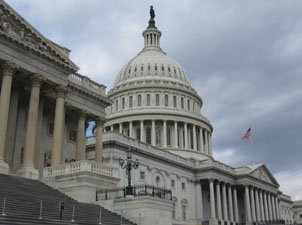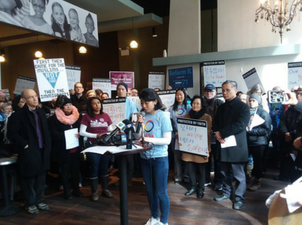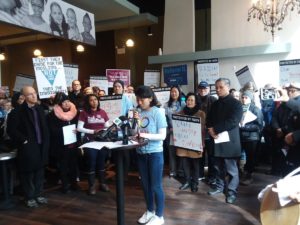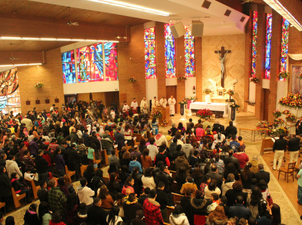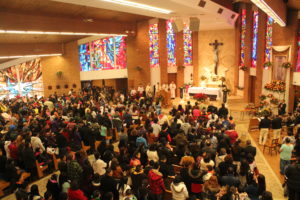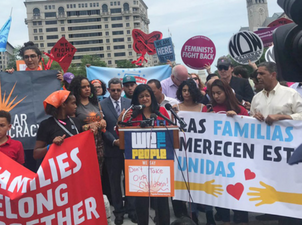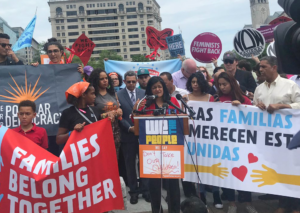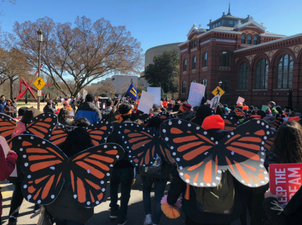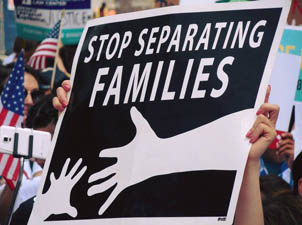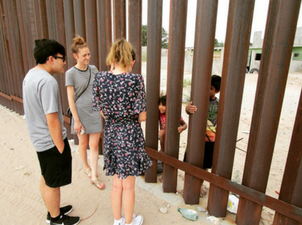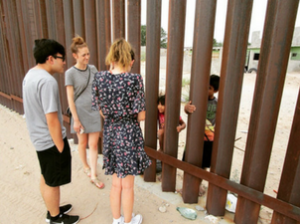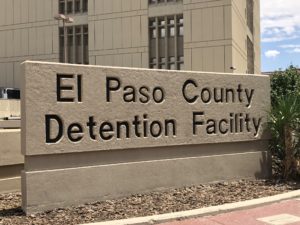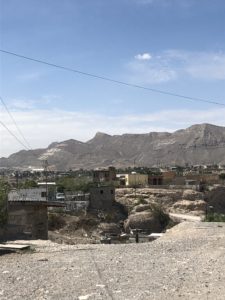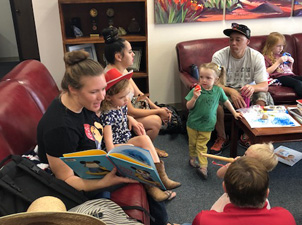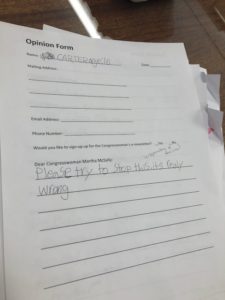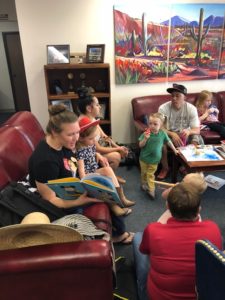
Reflections on the Kavanaugh Hearing
Alannah Boyle
October 5, 2018
Catholic Social Justice teaches us that all people have inherent dignity. We are called to uphold the dignity of every person as an equally valuable member of the human family.
It is our Catholic duty to believe women. Was it not women who shared the seemingly impossible truths of Jesus? Mary, a virgin, announced she was pregnant with the child of God. Mary Magdalene spread the news that Jesus had risen from the dead. At first they both were not believed. Both women knew this would be the case when they told people. They did it anyway.
Dr. Ford’s courage has inspired the country. She had nothing to be gained, and yet still told her story. She knew she would not be believed by many, and yet she did it anyways.
Watching Dr. Christine Blasley Ford’s testimony was incredibly painful. I and many of those around me found ourselves bursting into tears throughout her testimony. The triggers varied, but many had the same thread: we identified with Dr. Christine Blasey Ford. As Sister Simone said, “almost every woman I know has a #MeToo moment.” In watching Dr. Ford, it was clear her story was not unique: we have experienced the visceral memory of trauma, we have experienced being cut off or talked down to by a powerful man, we have desperately tried to stay composed while retelling the intimate details of our trauma.
Dr. Christine Blasey Ford is all of us, and goes to show that hers is not a new experience. We are all Dr. Christine Blasey Ford in the same way we are all Mary and Mary Magdalene: for centuries we have told our truth and still not been believed.
We have both a biblical and moral responsibility to believe women.
Working in an environment committed to women in leadership, such as the one at NETWORK, has been refreshing. Engaging with my co-workers guided by sister-spirit is a compassionate environment rooted in Catholic Social Thought that I am proud to be a part of.
When Dr. Ford recounted the story of her assault to the Judiciary Committee, she spoke to 17 men and just 4 women. Twenty-seven years ago, when Anita Hill testified before the very same committee, she spoke to 0 women. We are moving in the right direction, and the treatment of Dr. Ford reflected this, but there is something to be said about telling stories in an environment of those who have a shared lived experience. We need more women in positions of leadership not to blindly support women, but to identify with the experience of having to fight to be heard.







